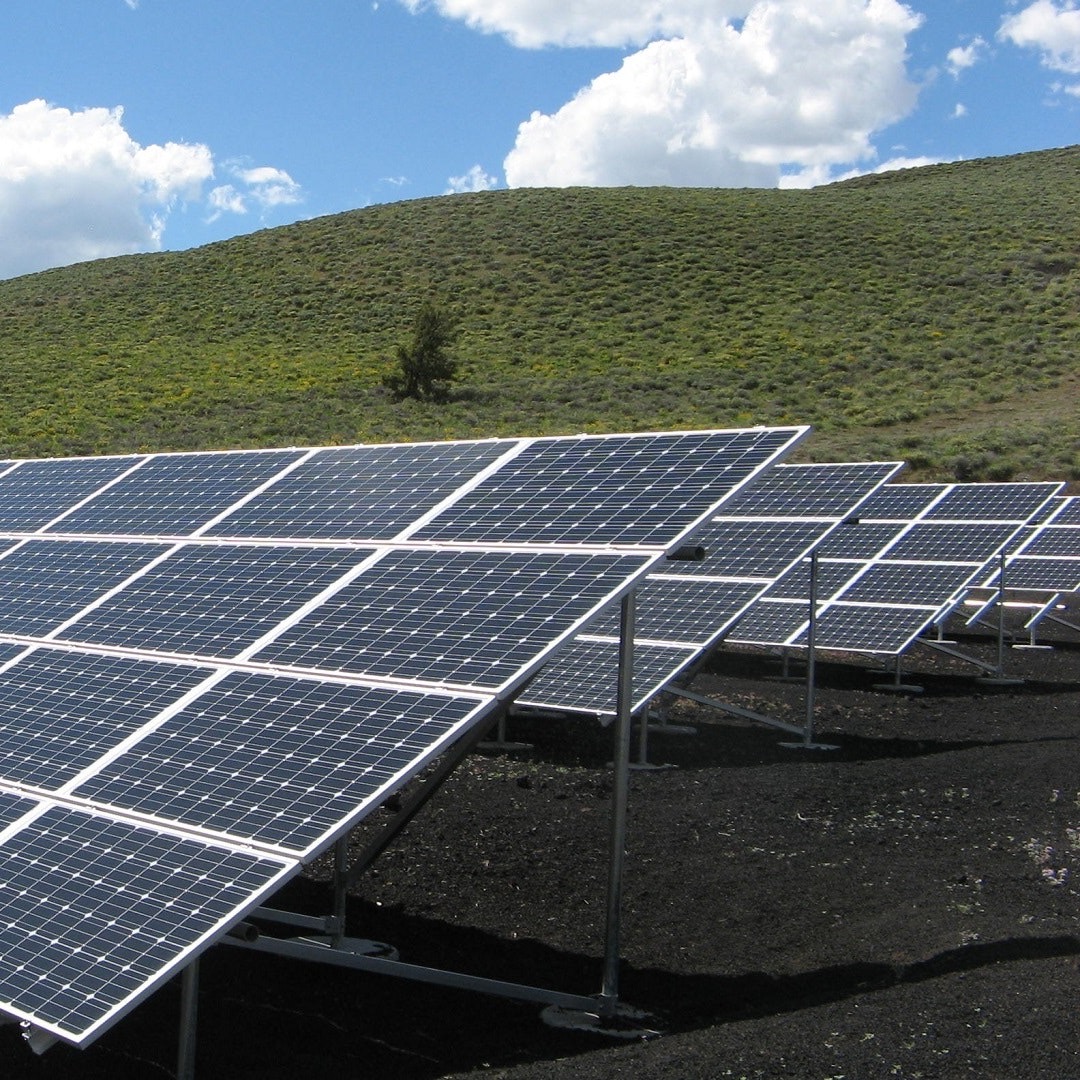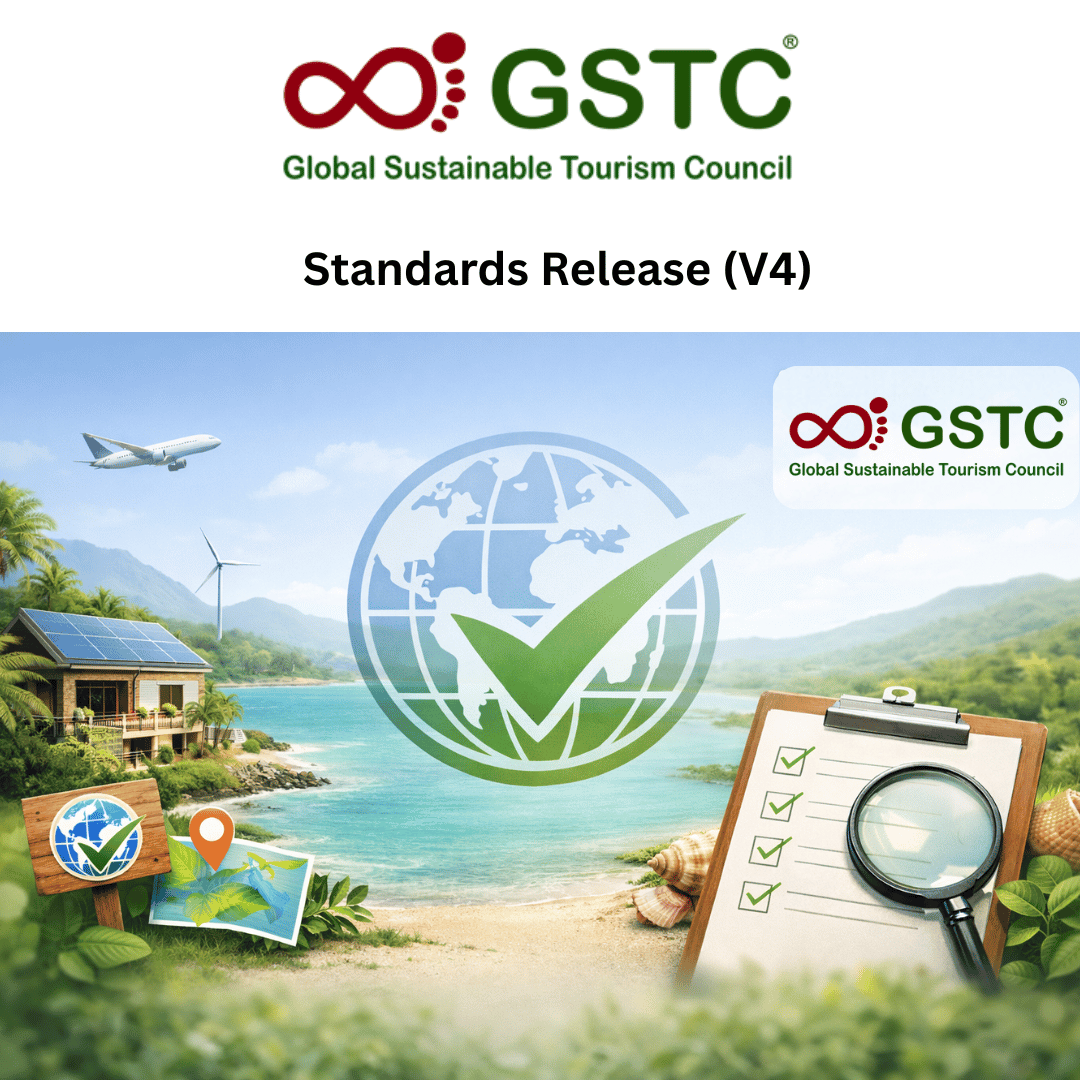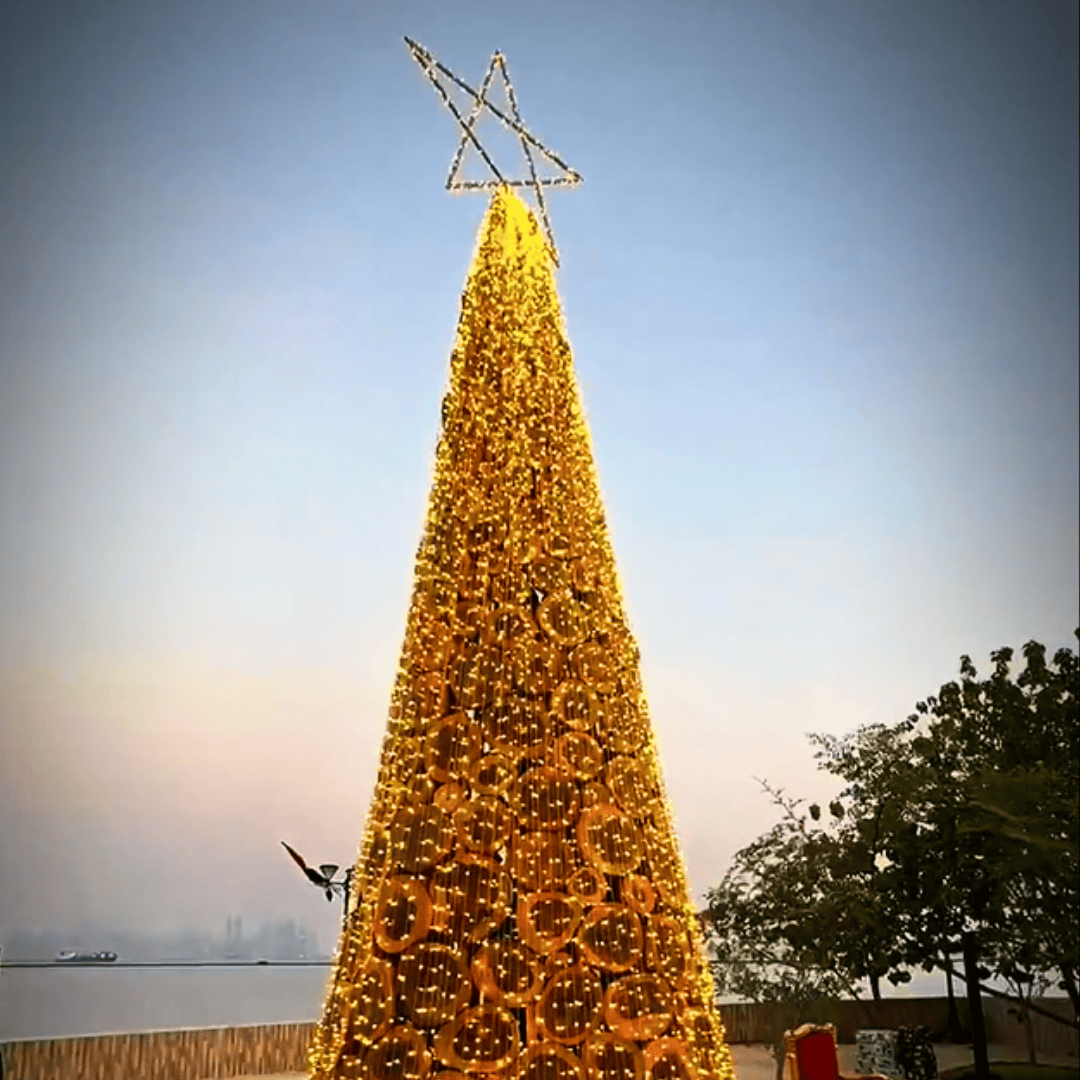Net-Zero Series: Introducing our Series on Net-Zero
Series introduction about Net-Zero in the Middle East and the Hospitality Industry
With COP27 starting next week in Egypt on 8th November 2022; and COP28 around the corner for UAE in 2023, we are starting to hear much about ‘Net-Zero’. The Middle East is abuzz with strategies and pledges to cut emissions, decarbonise economies and achieve net zero by 2050.
But what does it mean? Can industries like hospitality get there, especially those in the traditionally carbon-based economies of the Middle East?
Rising carbon emissions and accelerating climate change create considerable social and economic impacts. The Hospitality industry is particularly at-risk as extreme weather events increase the cost of operations while simultaneously decreasing the popularity of some destinations. Globally 80% of all tourism takes place in coastal areas and consequently is threatened by rising sea levels. Extreme storms also significantly impact economies.
Hotels are naturally big consumers of resources, energy consumption being the most significant component. According to an Analysis of Energy use by European Hotels; Space conditioning (heating/cooling, ventilation and air-conditioning) is the largest single end-user of energy in hotels, accounting for approximately half of the total consumption. Domestic hot water is commonly the second largest user, accounting for 15 % of the total energy demand. Lighting can fluctuate between 12-18 % or can be as high as up to 40 % of a hotel’s total energy consumption, depending on the category of the establishment. Services such as catering and laundry also account for a considerable share of energy consumption, particularly considering they are commonly the least energy efficient. Sports and health facilities are typically high energy consumers.
What is Net-Zero?
Net-zero refers to the balance between the amount of greenhouse gas produced and the amount removed from the atmosphere. We reach net zero when the amount we add is no more than the amount taken away. Scientists and governments widely recognise that higher levels of greenhouse gases are triggering climate change in the atmosphere. Carbon dioxide is the most dangerous and abundant greenhouse gas, which is why cutting carbon emissions carbon footprints or seeking low-carbon alternatives is suggested as a means to address climate change.
Tackling Climate Change
Tackling climate change can be done in two (2) ways:
- Lower the emissions we are sending into the atmosphere from activities such as industrial processes, power generation, transport, and intensive agriculture.
- Remove greenhouse gas emissions from the atmosphere, for example, by capturing carbon created during industrial processes before it’s released or planting more trees.
Net-zero looks at emissions overall, allowing for the removal of any unavoidable emissions. Net-zero is important as it’s the best way to tackle climate change by reducing global warming.
In Our Series
The consumption of energy, water, and food is not without its environmental and financial cost, especially in a region where food and water security are an issue. In this series, we explore strategies that hotels can implement in their pursuit of Net-Zero.
We explore the strategies of the Middle East economies of the United Arab Emirates (UAE), the Kingdom of Saudi Arabia (KSA), the Sultanate of Oman (Oman) and the State of Qatar, to try to understand what measures these governments have in place to achieve Net-Zero. And specifically how it relates to the hospitality industry and what plans they have for hotel operators.
Though the UAE, KSA , Oman and Qatar have commitments to all the 17 United Nations Sustainable Development Goals (SDGs), we will focus on Goal 7 – Affordable and Clean Energy and Goal 12 – Responsible consumption and production in this Part of our series.
See the full series by clicking below:
- Series Introduction
- Part 1, The United Arab Emirates
- Part 2, The Kingdom of Saudi Arabia
- Part 3, The Sultanate of Oman
- Part 4, The State of Qatar,
- Part 5, Becoming a Sustainable Hotel & Summary
Written by: Tiffany McGrath








